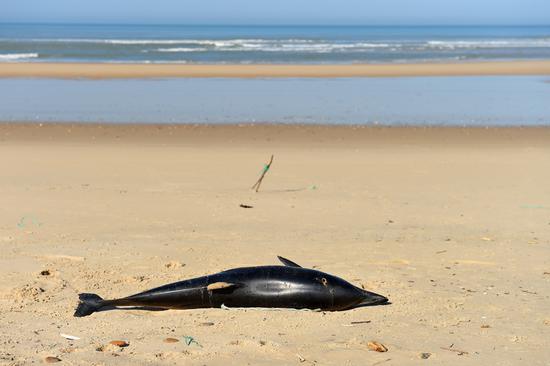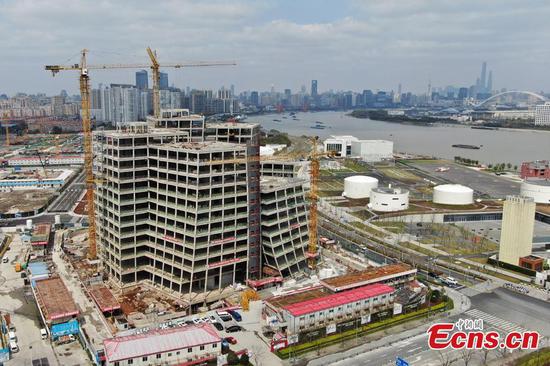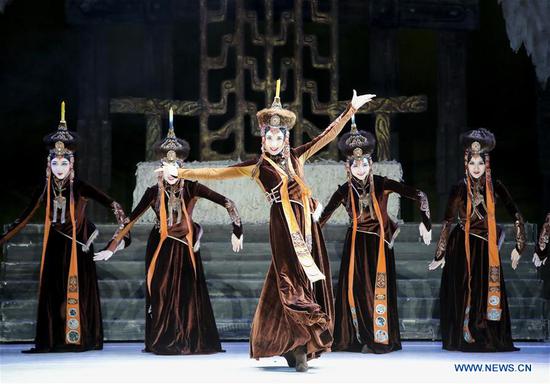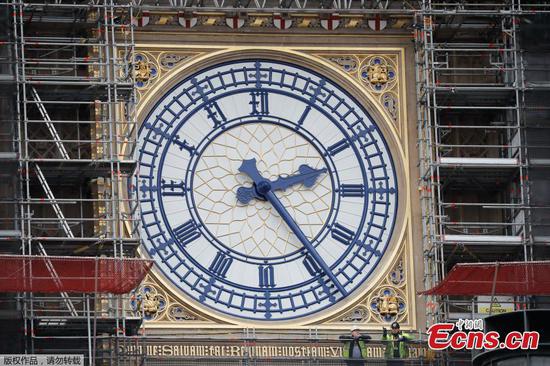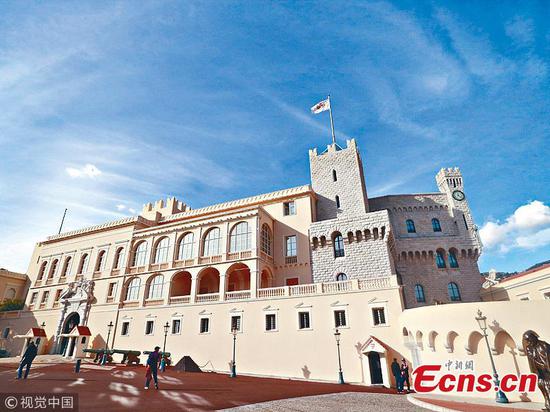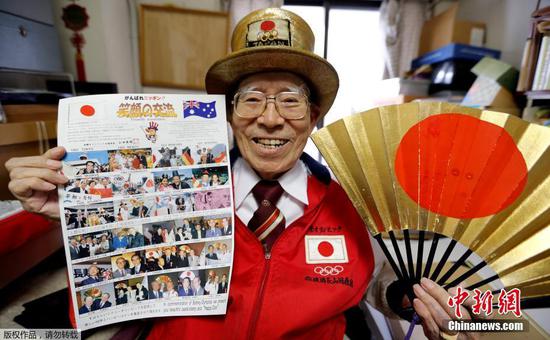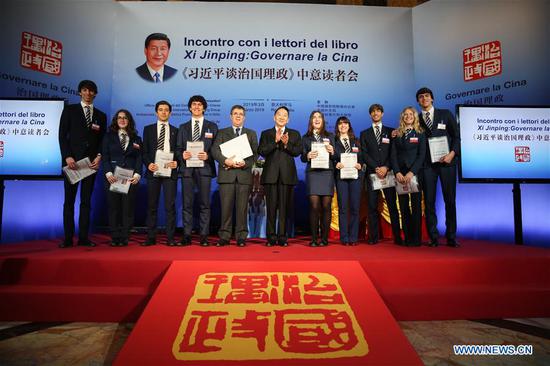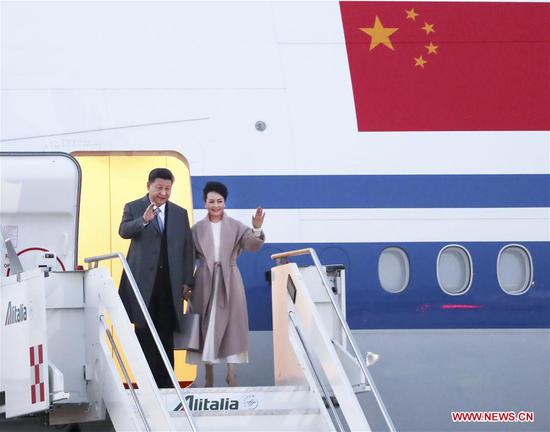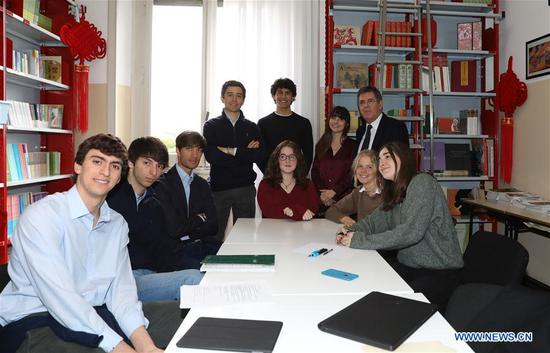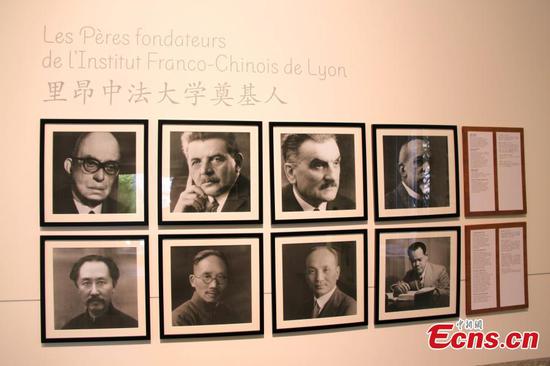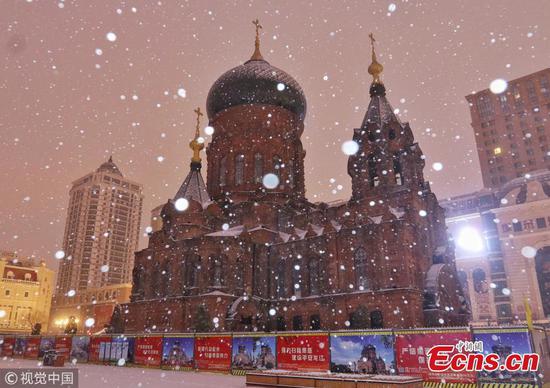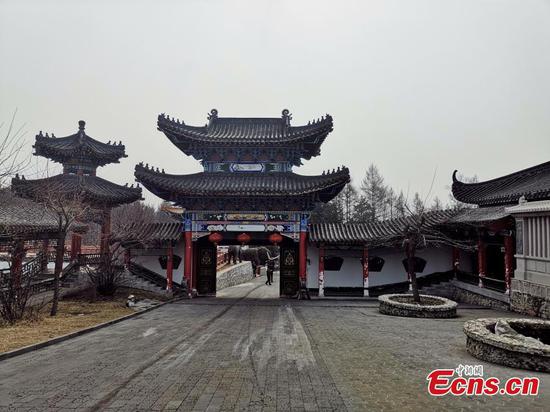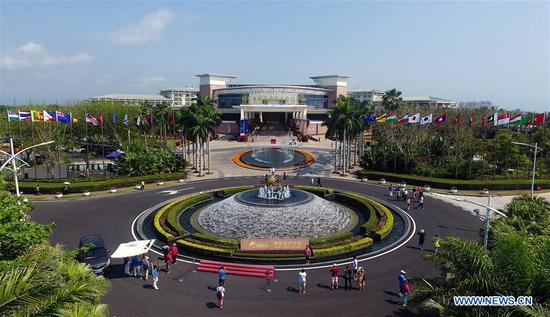But Trump's governance-by-tweet sets off confusion in Washington among aides
As U.S. President Donald Trump's latest tweet about calling off yet-to-be announced sanctions against Pyongyang sparked confusions across Washington, experts believed that the "incident" is in fact a sign showing the complexity of the denuclearization talks, with both sides making cautious decisions.
In a Friday's tweet, Trump said: "It was announced today by the U.S. Treasury that additional large-scale sanctions would be added to those already existing sanctions on North Korea (the Democratic People's Republic of Korea). I have today ordered the withdrawal of those additional sanctions!"
It set off a firestorm in Washington, with many Trump's aides rushing to understand what sanctions Trump was referring to and what the policy implications would be.
An Associated Press report said many aides quickly concluded that Trump was referring to sanctions targeting two Chinese shipping companies that allegedly helped the DPRK skirt sanctions imposed by the United Nations. But The Washington Post cited "two sources familiar with Trump's decision", saying it was in fact about additional large-scale sanctions targeting Pyongyang that have been in the works.
It was not clear why Trump said the sanctions had been announced on Friday, as they had not.
White House spokeswoman Sarah Sanders did not specify which sanctions Trump referred to but said, "President Trump likes Chairman Kim Jong-un and he doesn't think these sanctions will be necessary."
Some analysts said the reversal fits a pattern that has played out repeatedly throughout Trump's presidency and reveals the dysfunctional nature of the government's policy process, which seems driven more by presidential tweets than deliberative collaboration.
"Usually a national security process exists to make policy decisions AND agree on rollout and messaging," Alyssa Ayres, a former U.S. State Department official, said in a tweet.
But many others said that the move to forestall future sanctions represents an attempt by Trump to salvage his nuclear negotiations with the DPRK, following the failure of the two sides to come to an agreement during last month's negotiations in Vietnam.
Shi Yuanhua, a professor of Korean Peninsula Studies at Fudan University in Shanghai, said despite the fallout of the Hanoi summit and the hardening of the White House's position, which subsequently followed, the actions from Trump are in fact a sign that his approach to the DPRK has its limits.
"Recognizing the consequences of further escalation, the presidency does not want to see a return to the DPRK missile testing which would enhance its capabilities and thus the risk to the United States," he said.
In this case, Shi said Trump's tweet was "a desperate but cautious effort" to offer incentives to Pyongyang to continue negotiations and prevent the situation deteriorating. He noted that although large-scale differences remain, the most realistic scenario is a long stalemate, which is always better than "fire and fury" following impulsive decisions and confrontations.
Lee Jung-nam, a professor at the Asiatic Research Institute at Korea University in Seoul, said Trump's tweet is understandable as both the U.S. and the DPRK need to have rational thoughts before making decisions in the complicated process of denuclearization. But she also said Trump's single tweet should not be asserted as a signal that the U.S. has eased the attitude of "putting maximum pressure" against the DPRK.
"Trump's canceling of sanctions in the tweet might have been a bid to get Pyongyang to change its thinking, so he can reclaim some stability to the situation and stop its downward decline," she added.
On Thursday, the DPRK pulled its officials from an inter-Korean liaison office in its border city of Kaesong.
According to Xinhua News Agency, the DPRK is under punitive economic sanctions for "nuclear weapons and ballistic missile programs" and has demanded their removal in exchange for steps toward denuclearization.










